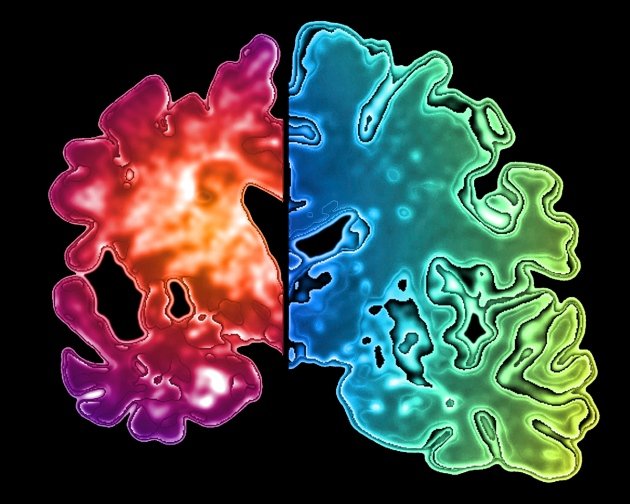
US researchers from Washington University School of Medicine have identified genetic markers that could help highlight who is at risk of developing Alzheimer’s disease.
The research in Neuron identifies mutations that affect the build-up of certain proteins in the brain.
High levels of these tau proteins increase the chance of having the disease.

Tangles of a kind of tau called phosphorylated tau (ptau) are a hallmark of the disease.
One of the new gene variants identified by the scientists was also shown to be linked to a small increased risk of developing Alzheimer’s and a greater risk of cognitive decline.
The team used genetic information from more than 1,200 people, significantly larger than previous studies in this area.
Dr. Alison Goate, who led the study, said: “We anticipate that knowledge about the role of these genes in Alzheimer’s disease may lead to the identification of new targets from therapies or new animal or cellular models of the disease.”